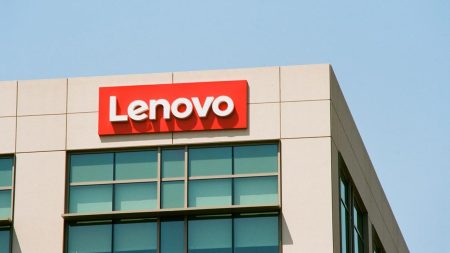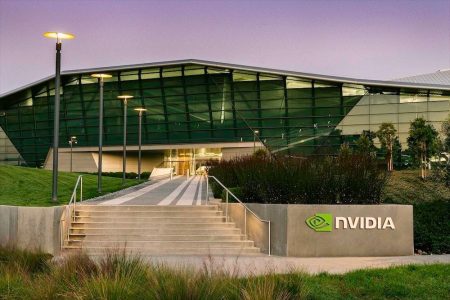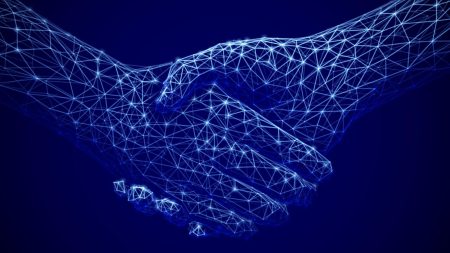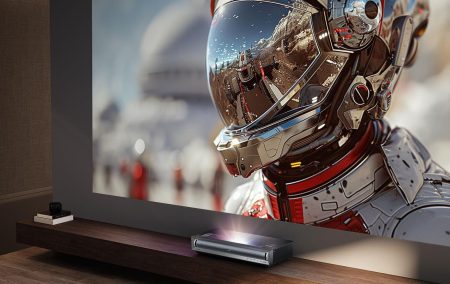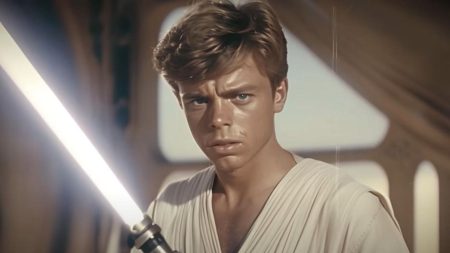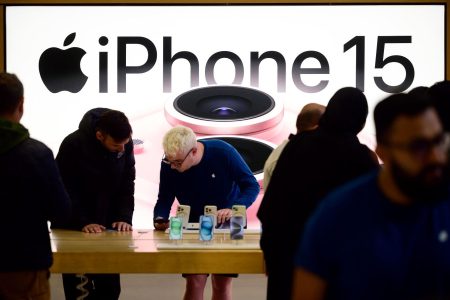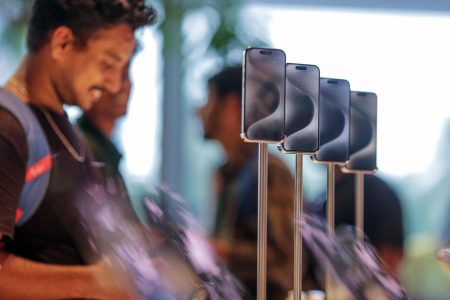The creator economy is booming as more individuals monetize their passions by producing digital content, but the rise of artificial intelligence (AI) poses a potential disruptor that could reshape the landscape. AI language models like GPT-3 and DALL-E can generate coherent long-form content and unique visual art in seconds, potentially automating the production of digital content at a fraction of the cost of human creators. This raises questions about the future of the creator economy: will AI displace human creatives entirely, or can creators adapt and thrive alongside AI?
AI’s raw capabilities are impressive, with the ability to churn out various types of content with just a simple text prompt. From a business perspective, the economics of using AI for content creation are compelling, as it can produce quality work at a fraction of the cost of paying human creators. However, the looming question is whether AI can match human creativity and quality, especially for premium content and artistic works. While the gap is narrowing, AI still lacks the subjective experiences and emotional intelligence that humans bring to their creative works.
Creators are understandably concerned about their livelihoods as AI threatens to automate and commoditize their skills. However, human creators possess vital traits like true creativity, emotional intelligence, critical thinking, and high-level reasoning that AI struggles with. While AI can fill in the dots, human creators excel at connecting them into grand creative narratives and building personal brands and communities around their work. This human-centric approach is not easily replicable by AI, giving human creators a unique value that machines cannot match.
The future of the creator economy may lie in finding the right symbiosis between human creators and AI. Some companies are already exploring hybrid models where AI handles research, drafting scripts, and producing creative assets, while human creators build on top of these foundations. The most successful creators will be those who can effectively team up with AI as a force multiplier for their creative abilities, leveraging AI’s scalability while adding their distinctly human creative genius to create commercial works that resonate emotionally and culturally.
While AI may transform certain aspects of the creative process and workflow, human creativity itself will remain highly relevant and valuable. The skills, relationships, and business savvy required to successfully bring human creativity to market will continue to be in demand. Human creators who can adapt by combining their unique strengths with the creative potential of AI may find themselves even more powerful, prolific, and in demand than ever before in the evolving creator economy.






